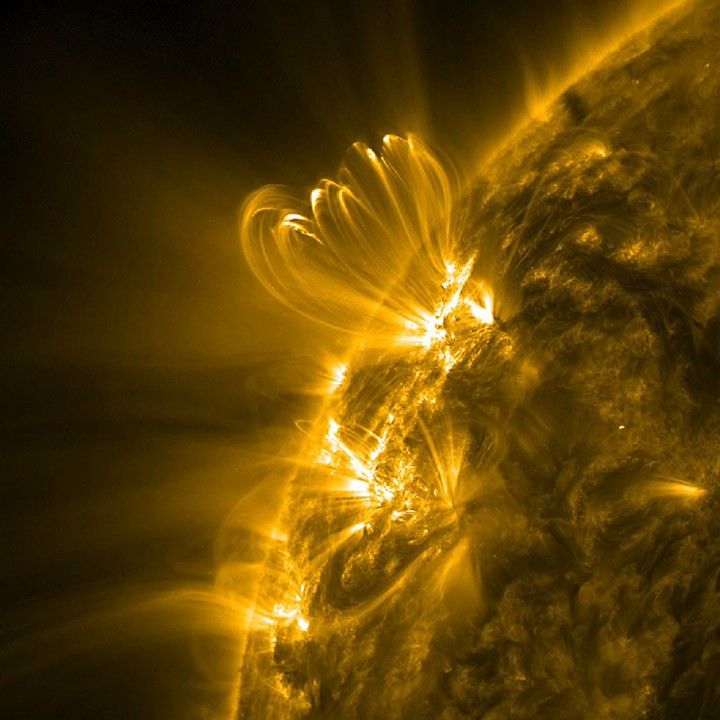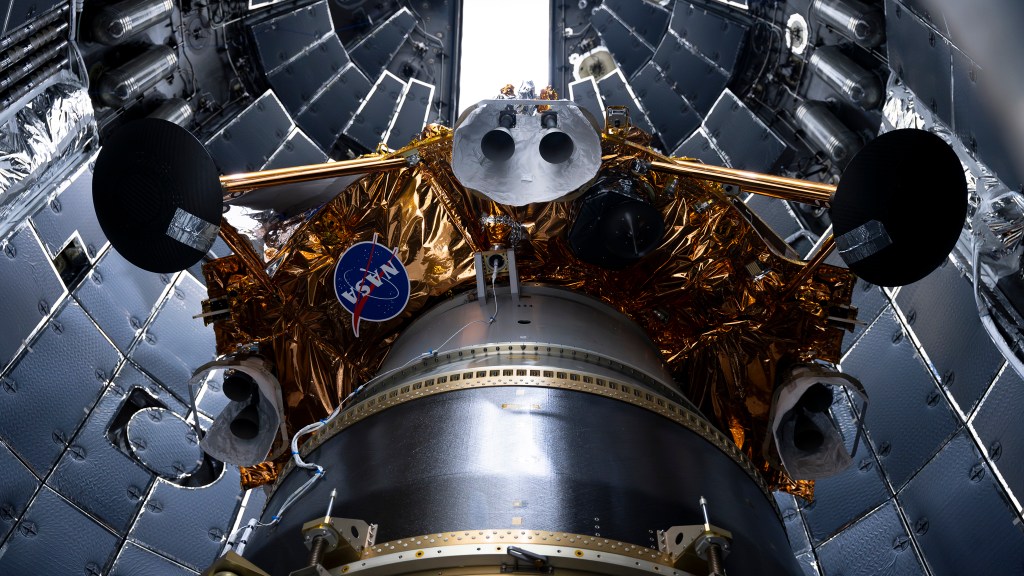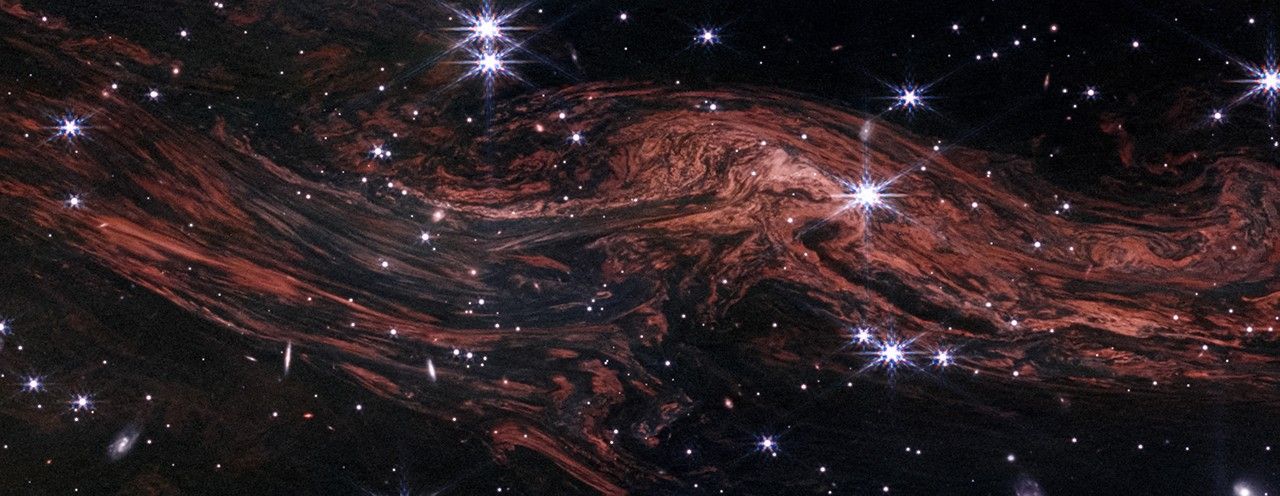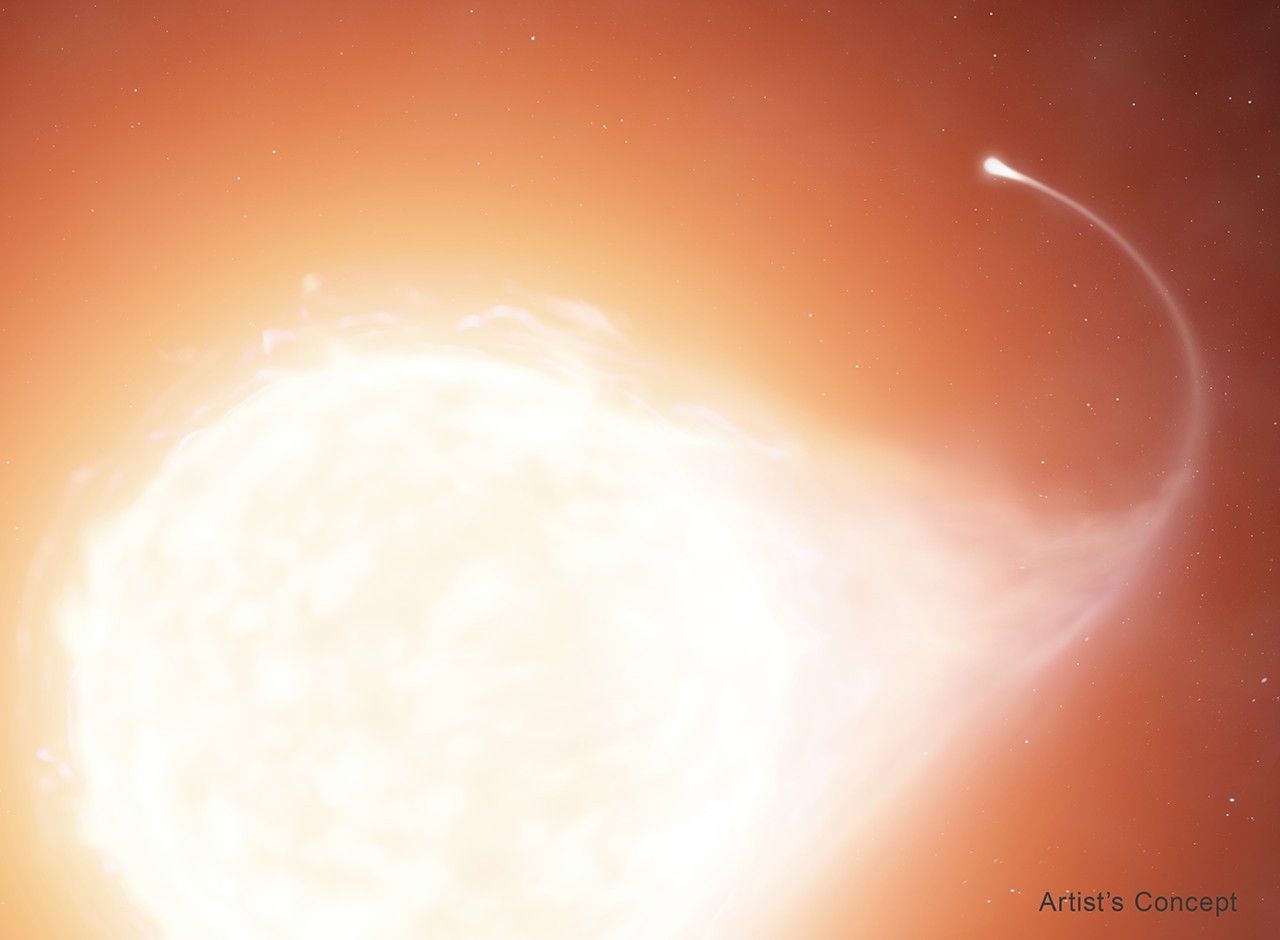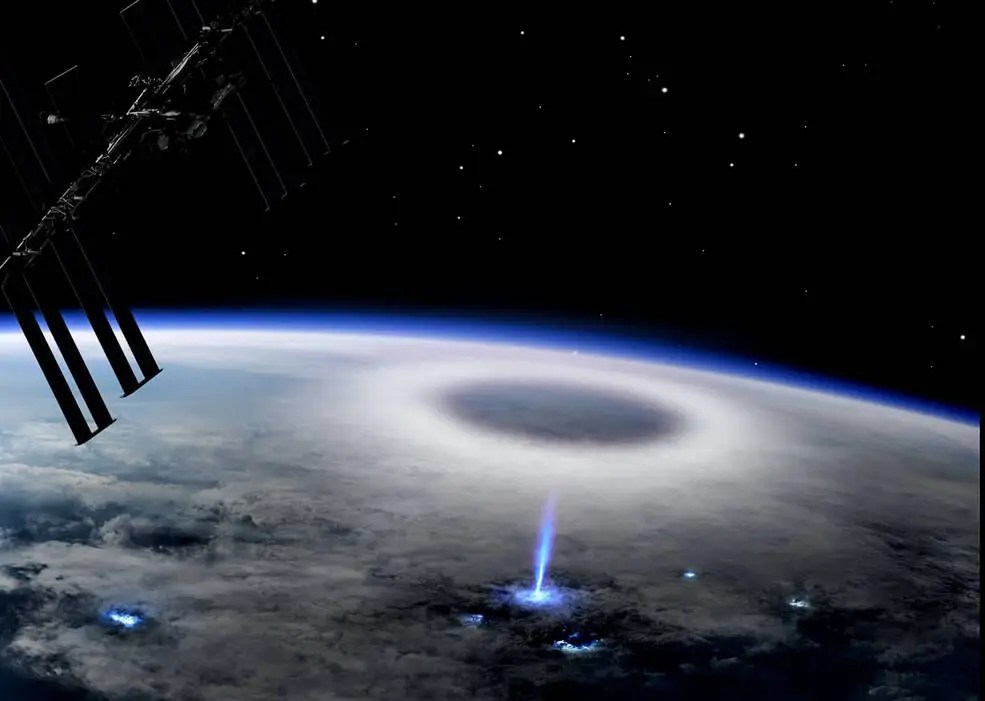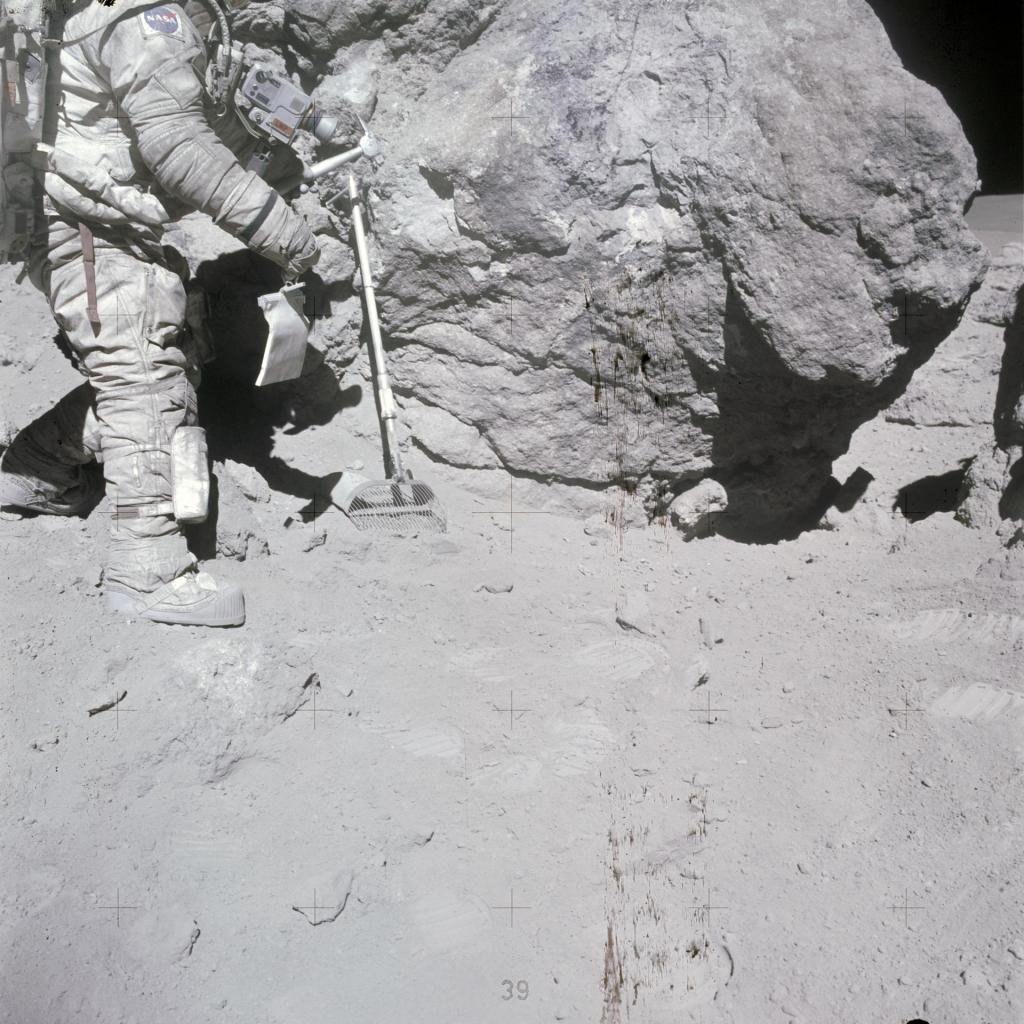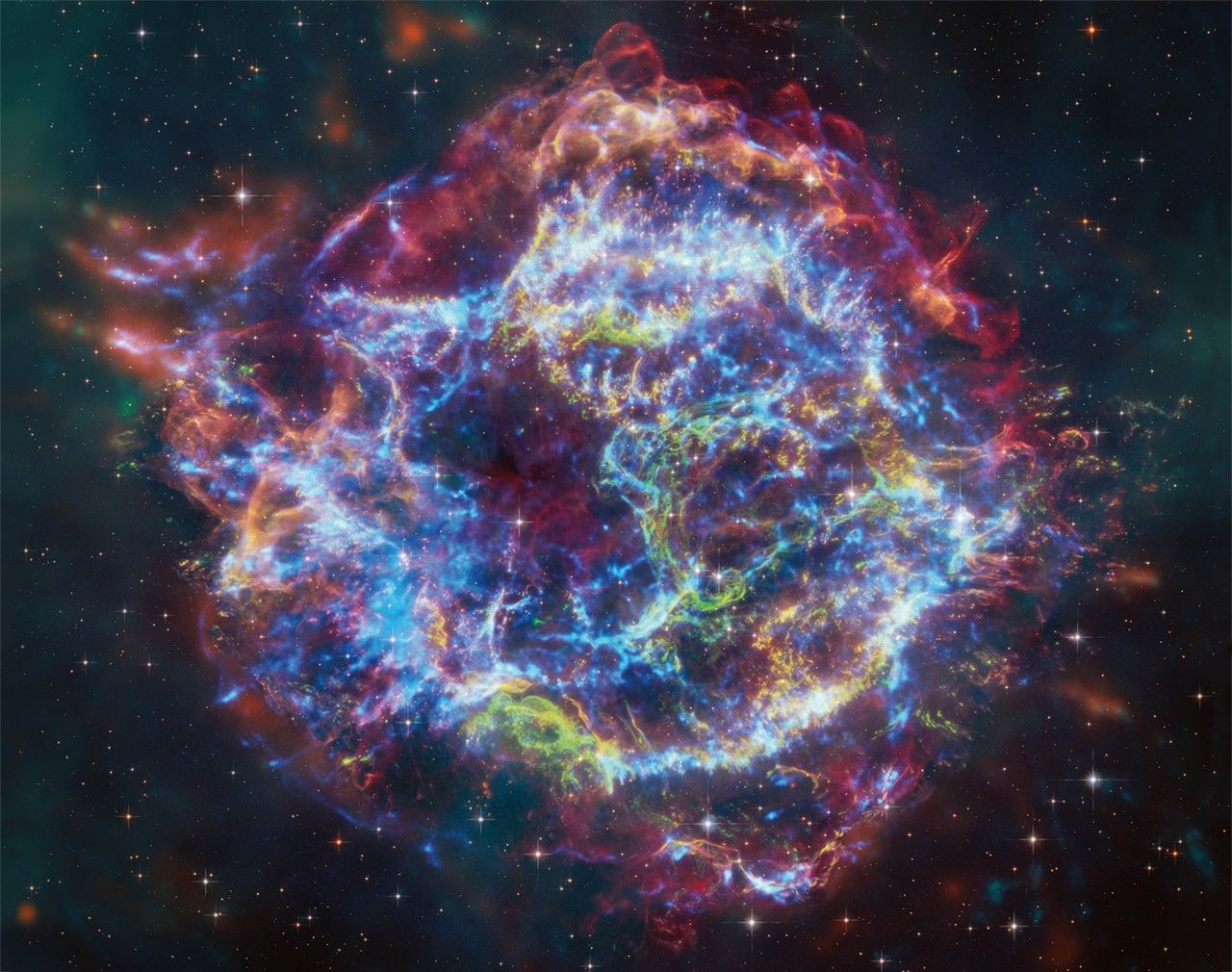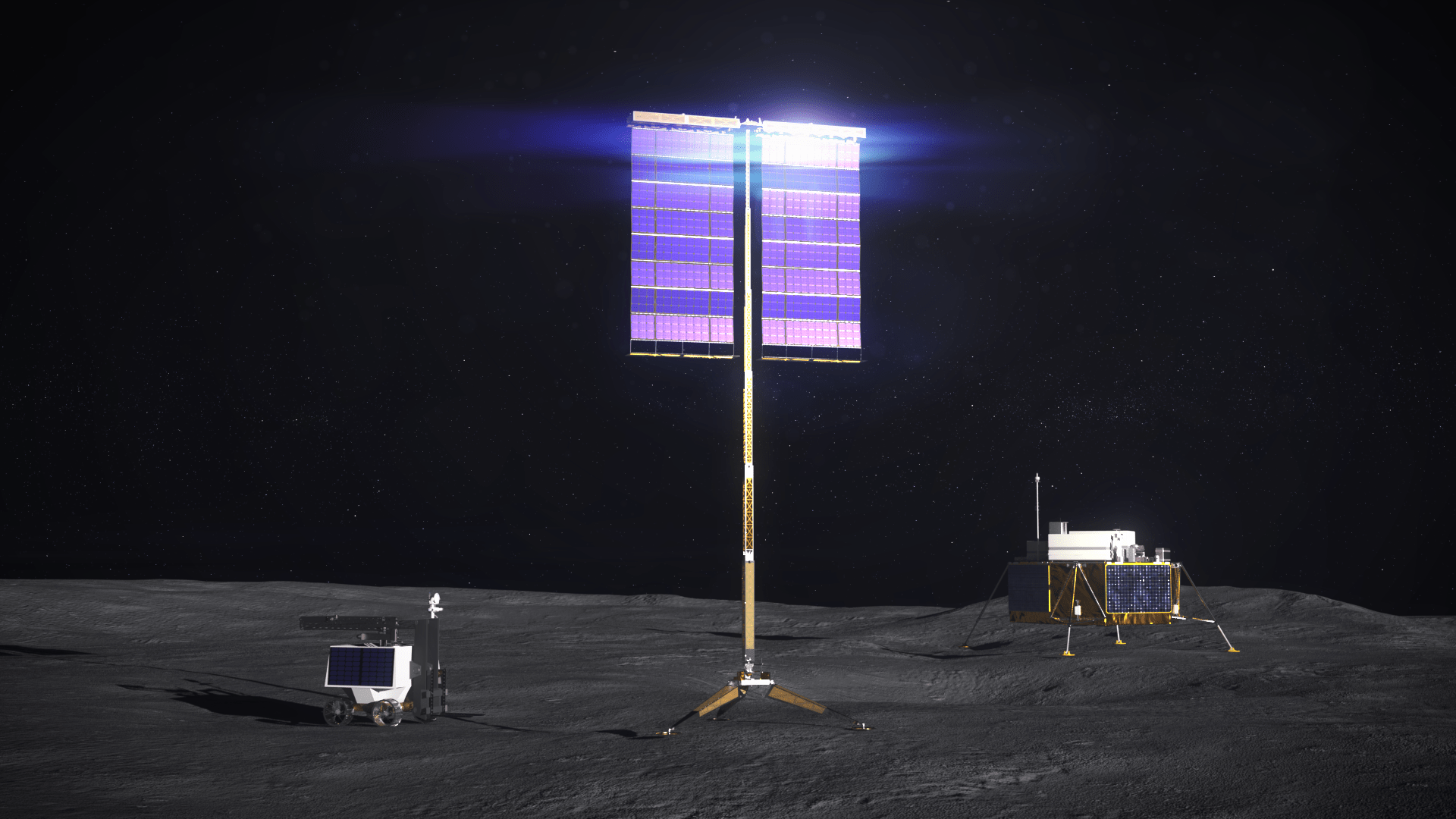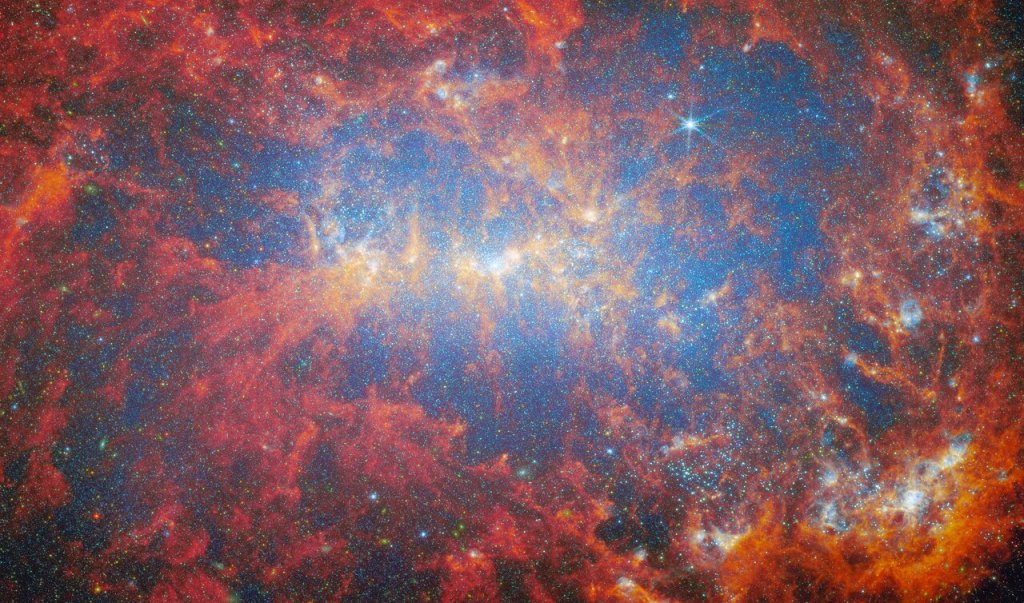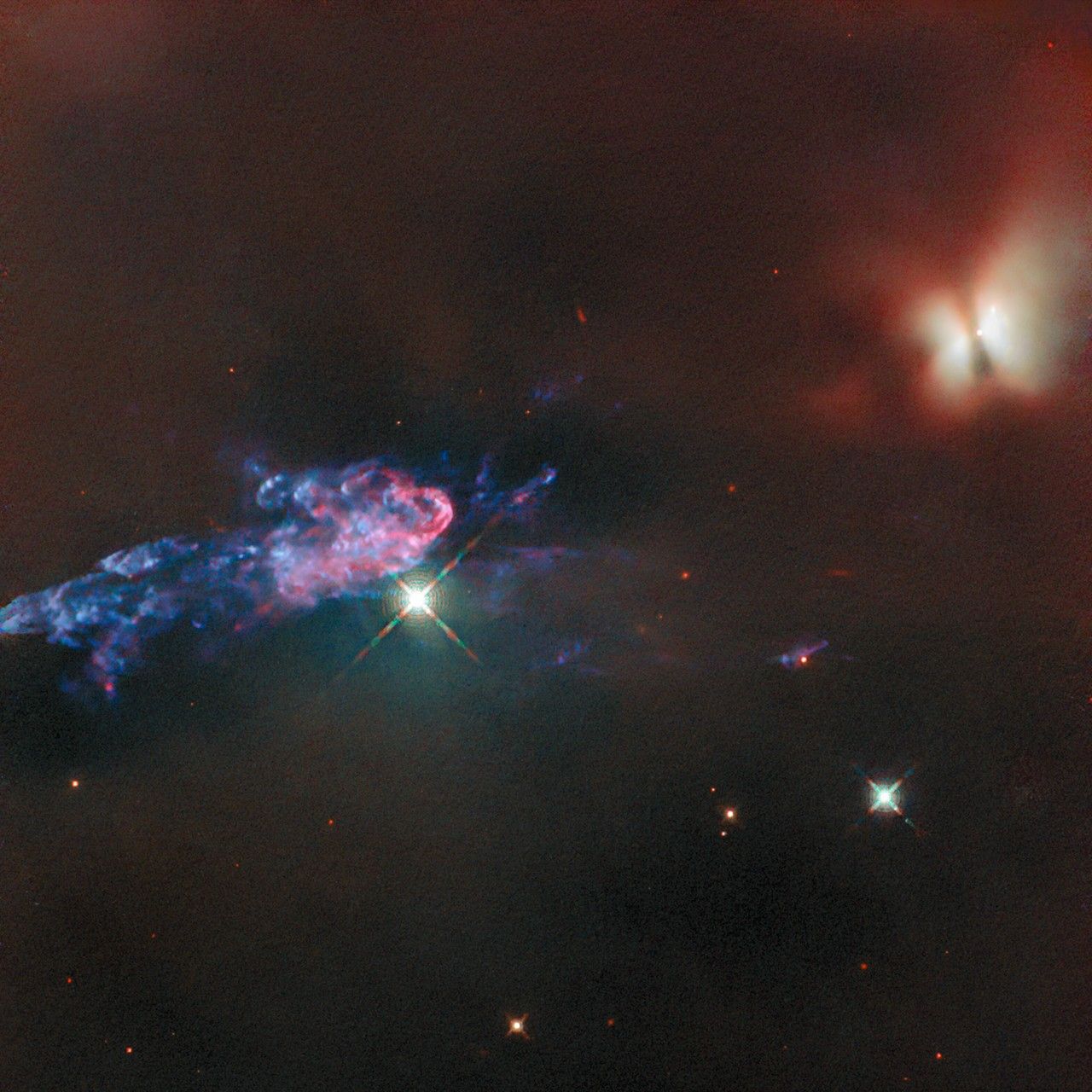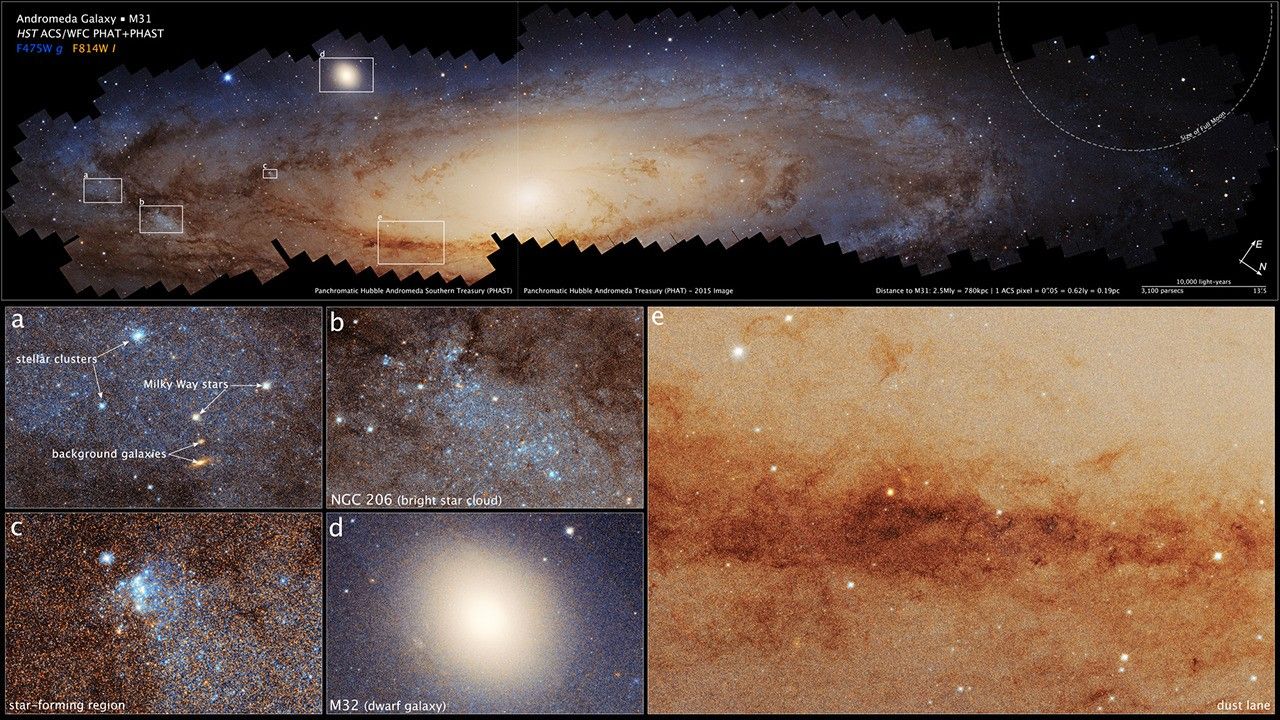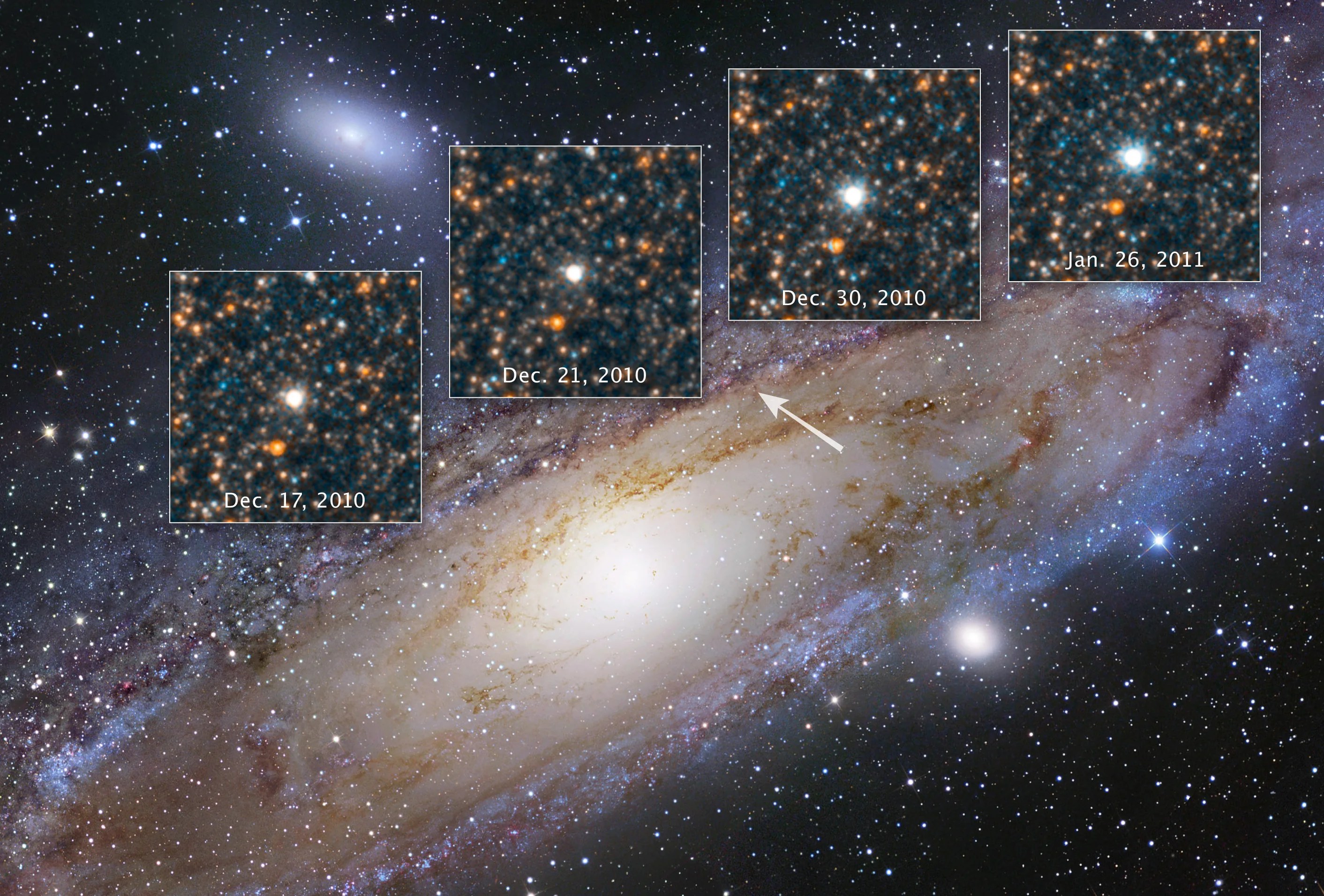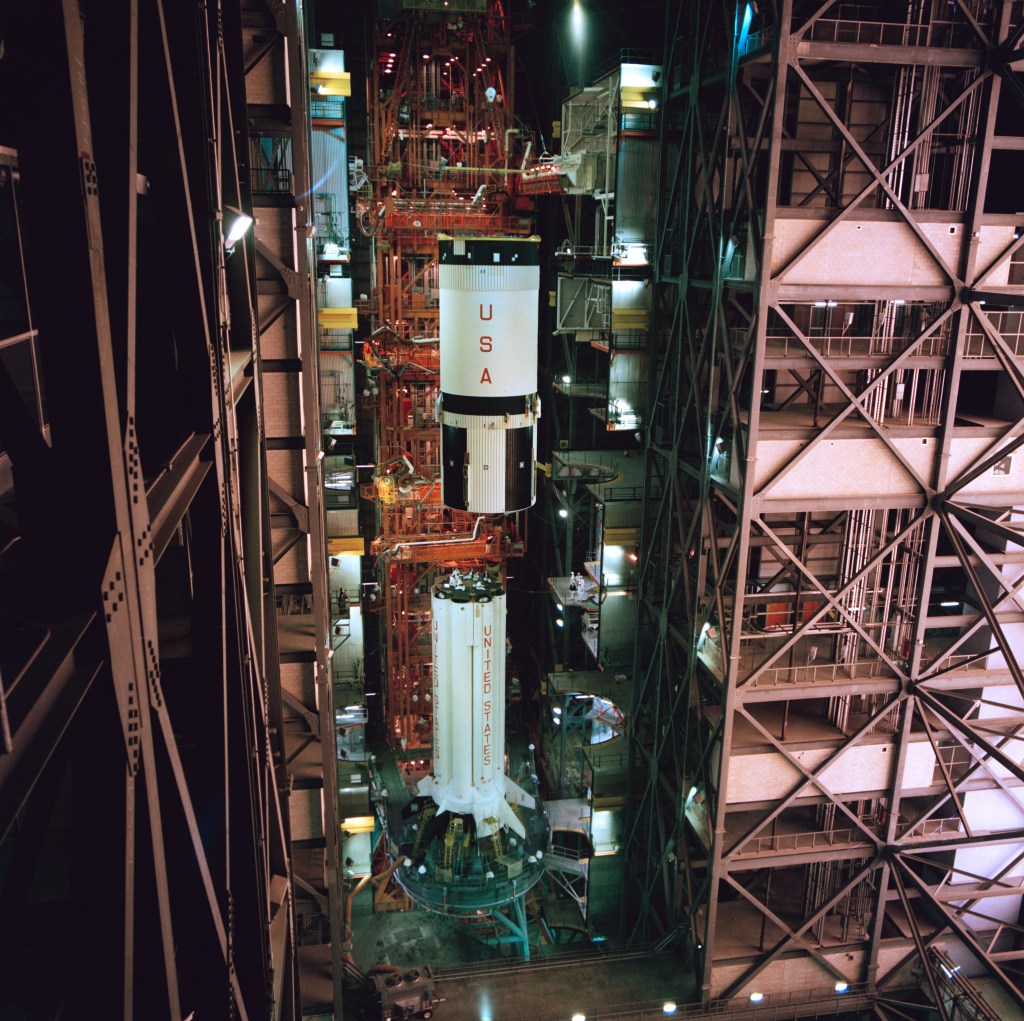Technology Transfer and Spinoffs News
Stay up-to-date with the latest content from Tech Transfer and Spinoffs as we explore the universe and discover more about our home planet.

With a shared commitment to fostering U.S. economic growth that benefits the American public, NASA’s Space Technology Mission Directorate and the Department of Commerce’s U.S. Patent and Trademark Office (USPTO) have signed a memorandum of understanding to strengthen collaboration in transferring federally-developed…

Just as NASA needs to reduce mass on a spacecraft so it can escape Earth’s gravity, automotive manufacturers work to reduce weight to improve vehicle performance. In the case of brake rotors, lighter is better for a vehicle’s acceleration, reliable…
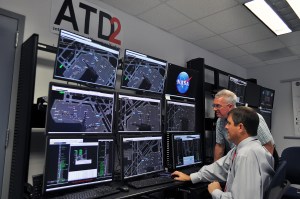
Ground traffic management program saves passengers and airlines time while cutting fuel costs
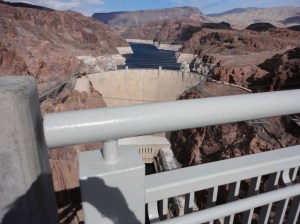
NASA researchers helped create an insulation coating that blocks heat and sunlight
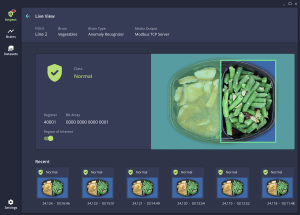
NASA-funded AI technology enabling autonomous rovers and drones now keeps an eye on conveyor belts
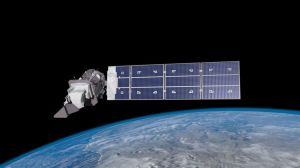
After 50 years of Landsat, discovery of new commercial and scientific uses is only accelerating
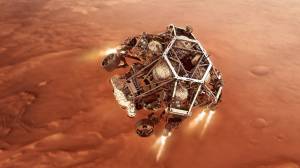
A valve designed for NASA rover landings enables effective stage separations for commercial spaceflight

Whether protecting crops from diseases and pests or sanitizing contaminated surfaces, the ability to spray protective chemicals over important resources is key to several industries. Electrostatic Spraying Systems Inc. (ESS) of Watkinsville, Georgia, manufactures electrostatic sprayers and equipment that make…

Material research is behind the design of a temperature-regulating mug
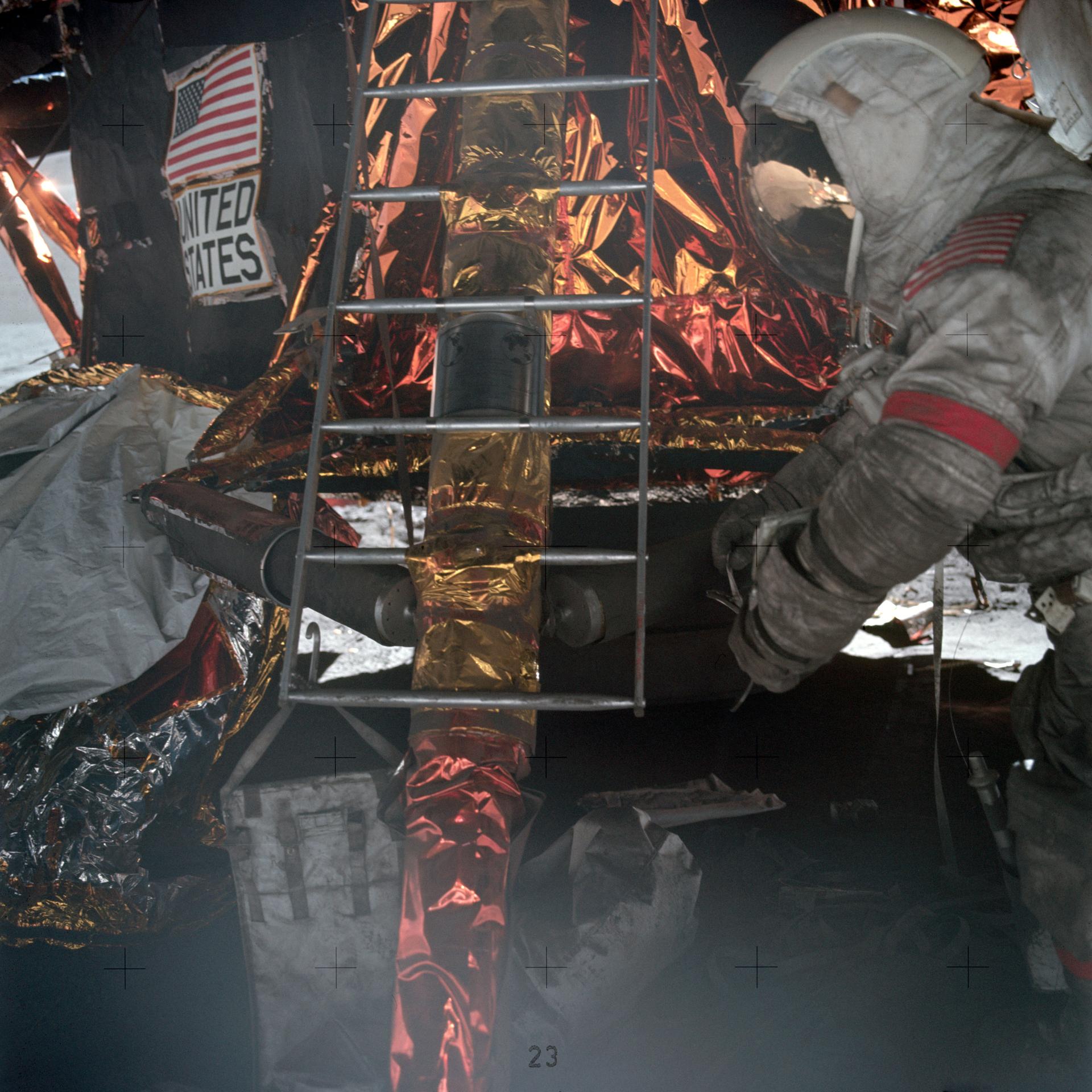
Moon dust, or regolith, isn’t like the particles on Earth that collect on bookshelves or tabletops – it’s abrasive and it clings to everything. Throughout NASA’s Apollo missions to the Moon, regolith posed a challenge to astronauts and valuable space…

Efforts to 3D print engines produce significant savings in rocketry and beyond

NASA tech adds gecko grip to phone accessory
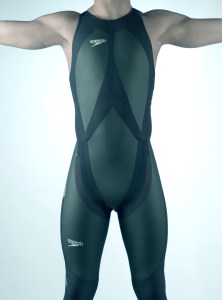
SpeedoUSA worked with Langley Research Center to design a swimsuit with reduced surface drag.
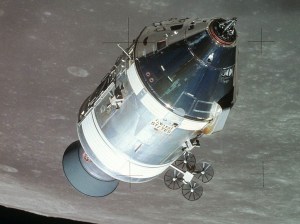
Agency’s technology development prepared fuel cells for tomorrow’s renewable energy grids

Solar power is abundant – when the Sun is shining. Wind power is steady – when the wind is blowing. However, creating a steady electricity supply from intermittent power sources is a challenge. NASA was focused on this problem more than…

